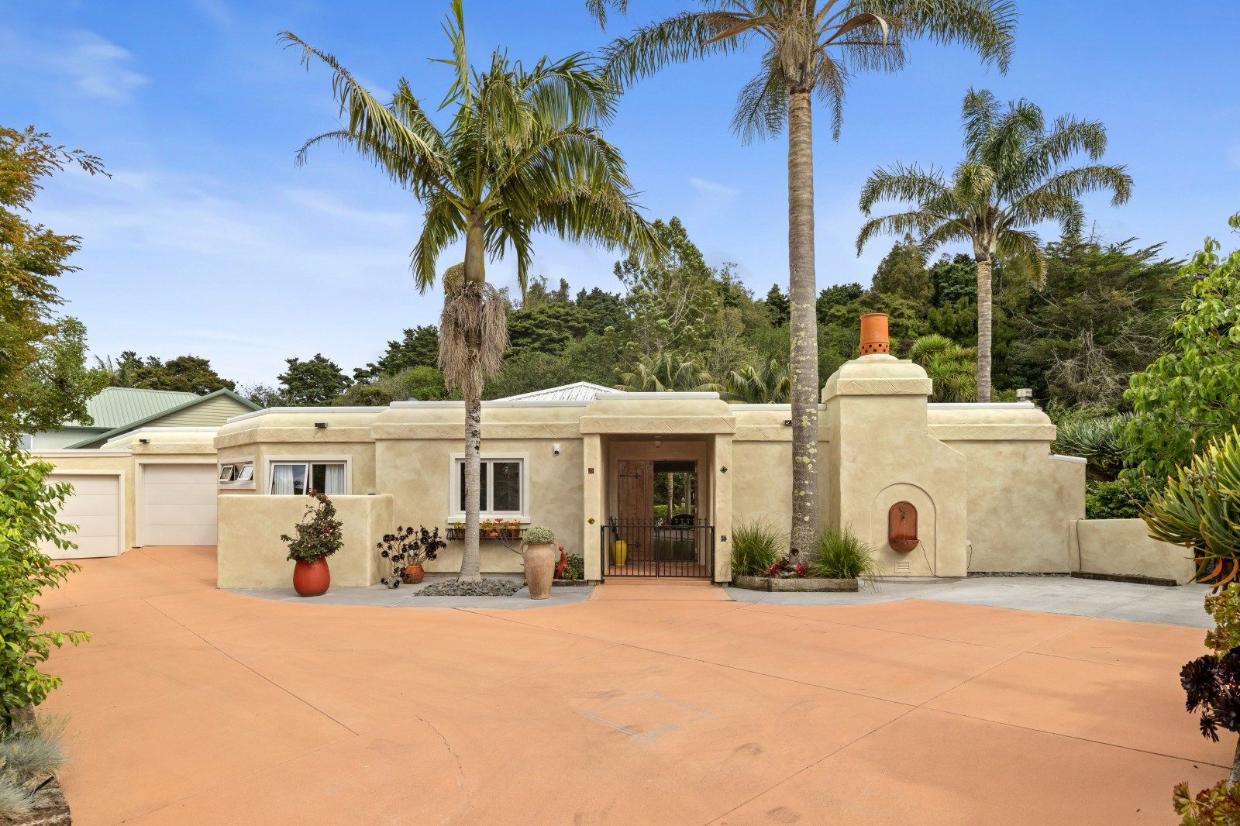Buying guide
Interest-only mortgages: A guide for property investors & homeowners
Considering going interest only? Here’s everything you need to know.

What is an interest only mortgage?
Why use an interest only mortgage?
Investors: for tax purposes
Owner-occupier: to help with short-term financial difficulty
Owner-occupier: to leave room for renovation expenses
For flexibility
An interest only mortgage can be a way to ease financial strain as a last resort.
The risks of interest only
Interest only mortgages cost more overall
When your interest-only period runs out your repayments will increase
If house prices were to fall, you could get into trouble
Your interest rate may be higher
It may be more difficult to get approval
What happens when an interest only loan expires?
How long can you pay interest only on a mortgage
Most loans are principal and interest but there is a place for interest only.
How much do interest only mortgages cost?
Interest only period of five years
Principal and interest repayments
Getting advice before you apply for an interest only home loan
Author
Discover More
Search
Other articles you might like








